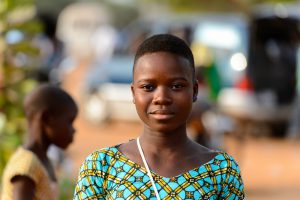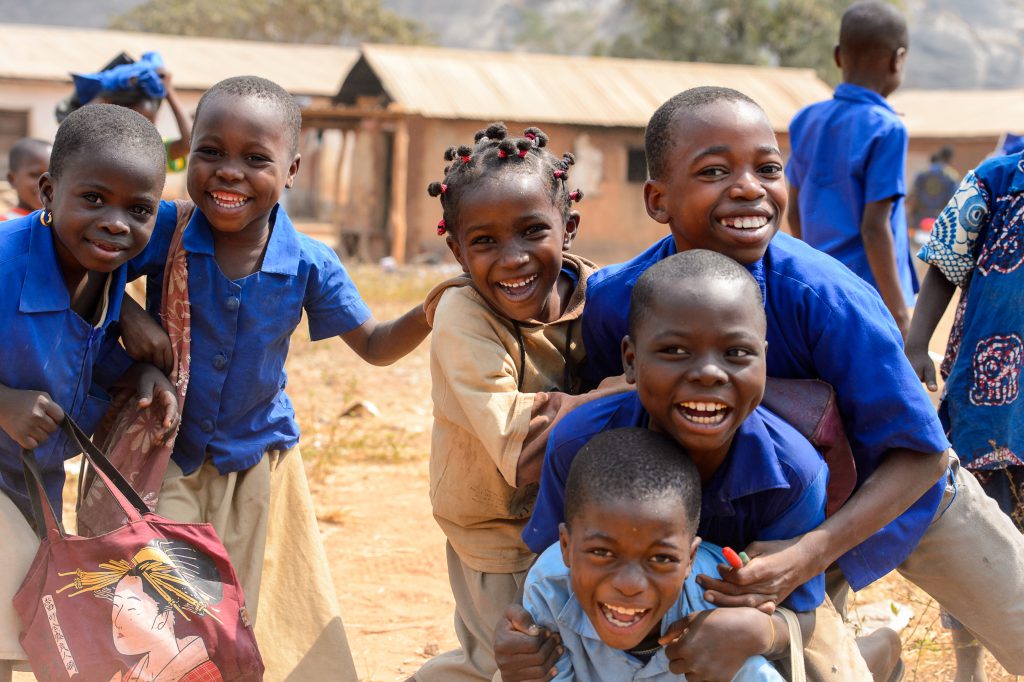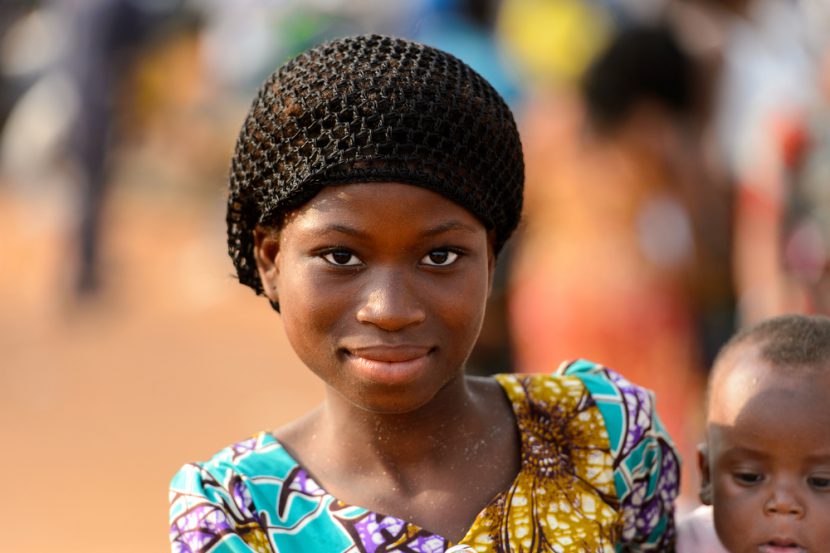Forced marriage is an evil that is currently rife in Benin and is destroying the future of many young girls. This traditional practice has been passed down over generations, leaving many victims in its wake. Girls are forced into marriage by their parents before they have even reached puberty and, therefore, before they have attained emotional and physical maturity.
What is forced marriage?
It is the official union of any person under the age of 18 and another person, whether that person is a minor or an adult, whether the union is formal (i.e. legal) or informal, such as a traditional or religious union, and which involves an element of duress. The consent of the child is rarely requested for this type of marriage. The parents handle all the formalities and leave the child in the new home, usually uniting her with someone older. Despite the formal prohibition of forced child marriage by the African Charter on the Rights and Welfare of the Child, the phenomenon persists, to the dismay of its victims.
Why does forced child marriage occur?
There are several causes, and they range from respect for tradition to preservation of the family’s honour and attempts to escape poverty. The study on the behaviour, attitudes and practices around violence and abuse, and in particular on child marriage, conducted by the Ministry of Social Affairs with the support of UNICEF Benin in 2015, revealed that child marriage is a commonly accepted practice throughout the country. In order to preserve tradition and remain faithful to local customs, in certain areas of Benin young girls are married without their consent once they start their first period. This practice is intended to strengthen community cohesion, and preserve the “honour” of families, since girls are married early in order to avoid teenage or unwanted pregnancies out of wedlock. However, the cause common to all West African countries affected by this scourge is poverty. The underdevelopment that characterises Benin, and the fact that many in Benin live on less than a dollar a day (or even much less, especially in remote regions of the country), drives the continuation of the practice of forced marriage. Many men and women believe that giving their child away in marriage is a good way to bring in money for the family. For some families, a young girl is therefore a guarantee of prosperity who must be given to the highest bidder. Moreover, the practice reduces household living costs when the child leaves home. The parents’ low level of education, gender inequalities, and the impunity of violence against children are also indirect, although far from negligible, causes that maintain and sustain forced child marriage.


Consequences of this phenomenon
In Benin, three in ten girls are married before the age of 18, which prevents them from leading full and meaningful lives. Forced marriage compromises children’s education and can have far-reaching consequences for their health, as it exposes them to sexual and psychological violence, as well as HIV and other sexually transmitted diseases. It is a tragic reality that we must banish from Benin.
What does the law say on the subject?
If we were to consider matters solely from the perspective of child protection legislation, Benin would be a paradise where all the children of the world would like to live. Benin has ratified the Universal Declaration of Human Rights, the “twin covenants” of 1966, and the United Nations Convention on the Rights of the Child. The legislation is also augmented by the African Charter on Human and Peoples’ Rights, the African Charter on the Rights and Welfare of the Child, the Constitution of Benin, the Act on the Suppression of Violence against Girls and Women, and the Children’s Code recently promulgated in 2015. The legal arsenal is impressive and significant, and the different codes prohibit the forced marriage of children, with sanctions ranging from a fine for damages to imprisonment. It is therefore a real opportunity that must now be put into practice.
How can we eradicate forced marriage in Benin?
Firstly, it is essential that we continue to talk about it, in order to demystify it and stop it from being considered a taboo topic, and that we focus on raising the awareness of parents and religious leaders in areas affected by the practice. Then we have to publicise the laws, of which there is lack of awareness, and deal with all offenders properly.
Children are not future humans; they are already human beings. Let us protect them.

Benin, MICS Survey 2014 (Multiple Indicator Cluster Survey)
Glory Cyriaque HOSSOU.
Reviewed by Rita DI LORENZO
Translated by Sharon Rees
Proofread by Holly-Anne Whyte


